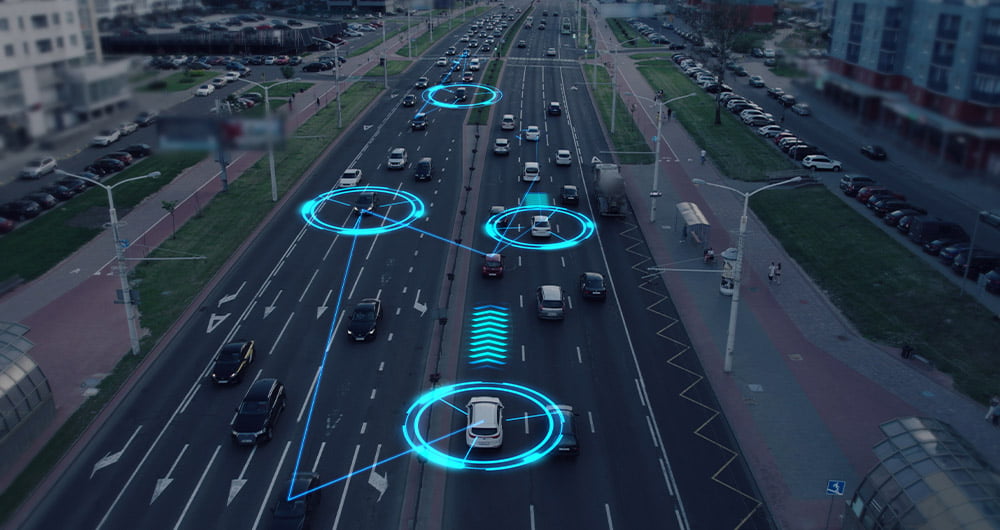36 posts found
More transparency in AI: new template for documenting general-purpose model training data
Artificial Intelligence (AI) is transforming society, the economy and public services at an unprecedented speed. This revolution brings enormous opportunities, but also challenges related to ethics, security and the protection of fundamental rights. Aware of this, the European Union approved t…
Artificial intelligence, data and responsibilities
When dealing with the liability arising from the use of autonomous systems based on the use of artificial intelligence , it is common to refer to the ethical dilemmas that a traffic accident can pose. This example is useful to illustrate the problem of liability for damages caused by an acciden…
How to prepare your data to work with artificial intelligence tools from a legal point of view
The idea of conceiving artificial intelligence (AI) as a service for immediate consumption or utility, under the premise that it is enough to "buy an application and start using it", is gaining more and more ground. However, getting on board with AI isn't like buying conventional software and gettin…
DCAT-AP-ES: A step forward in open data interoperability
Context and need for an update
Data is a key resource in the digital transformation of public administrations. Ensuring its access, interoperability and reuse is fundamental to improve transparency, foster innovation and enable the development of efficient public services centered on citizens.
In th…
Altruistic projects to create AI models in co-official languages
Artificial intelligence (AI) assistants are already part of our daily lives: we ask them the time, how to get to a certain place or we ask them to play our favorite song. And although AI, in the future, may offer us infinite functionalities, we must not forget that linguistic diversity is still a pe…
The role of data in driving autonomous vehicles
Just a few days ago, the Directorate General of Traffic published the new Framework Programme for the Testing of Automated Vehicles which, among other measures, contemplates "the mandatory delivery of reports, both periodic and final and in the event of incidents, which will allow the DGT to assess…
Training in artificial intelligence: a strategic necessity and a legal obligation
The Work Trends 2024 Index on the State of Artificial Intelligence in the Workplace and reports from T-Systems and InfoJobs indicate that 78% of workers in Spain use their own AI tools in the workplace. This figure rises to 80% in medium-sized companies. In addition, 1 in 3 workers (32%) use A…
Digital rights: principles, initiatives and challenges in the digital age
We live in an increasingly digitalised world where we work, study, inform ourselves and socialise through technologies. In this world, where technology and connectivity have become fundamental pillars of society, digital rights emerge as an essential component to guarantee freedom, privacy and equal…
The European Union's Guide to the Deployment of the Data Governance Act: public sector intermediary services
The Data Governance Act (DGA) is part of a complex web of EU public policy and regulation, the ultimate goal of which is to create a dataset ecosystem that feeds the digital transformation of the Member States and the objectives of the European Digital Decade:
A digitally empowered population and h…
The Interoperable Europe Act
One of the main requirements of the digital transformation of the public sector concerns the existence of optimal interoperability conditions for data sharing. This is an essential premise from a number of points of view, in particular as regards multi-entity actions and procedures. In particular, i…









